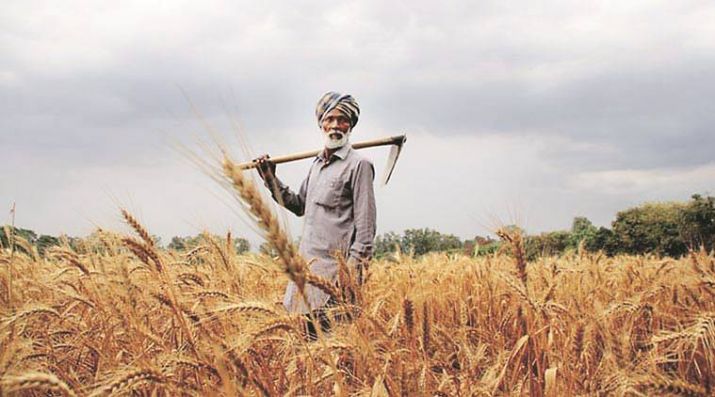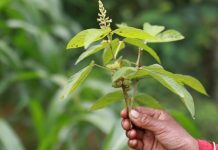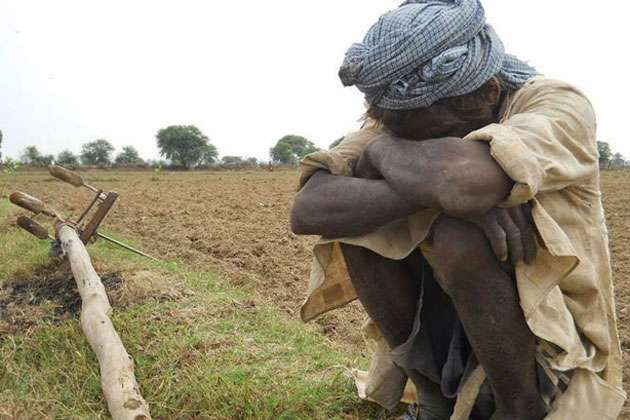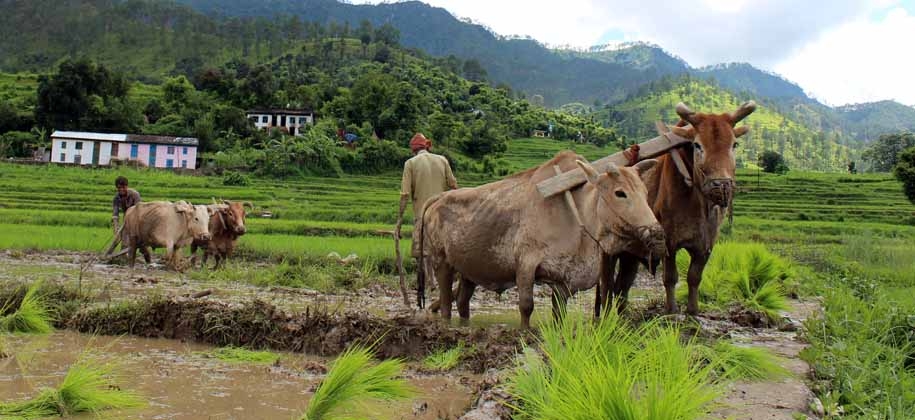Problems of farmers are again in news and farmers’ organizations are mobilizing protests. While the debates just now are more in the context of three recent legislations, clearly wider aspects of the farming crisis also need to be resolved and durable solutions have to be found. Then there are also very acute problems faced by the landless who generally constitute the poorest section of rural society. In this wider context an alternative plan is proposed here for resolving the crisis of farmers and significantly reducing poverty on a sustainable basis.
Firstly we should accept an agro-ecology approach based on protection of environment, self-reliant farming making good scientific utilization of local resources and involving very low costs. This approach should be adopted to increase and maintain farm production at a good level. This approach involves careful observation of nature and natural processes with a view to never disrupt them but instead learn from nature to improve farming and food system, make it healthy and sustainable. Giving more attention to soil and moisture conservation and greenery is part of this effort. In this approach cash costs of the farmer can be drastically reduced while opportunities of creative and interesting work are much more. The work of women farmers deserves more recognition and their immense creativity is likely to flower more in the agro-ecology approach. This is particularly so in the collection, protection and use of seeds of indigenous varieties of crops and in selection of most appropriate mixed farming systems and crop rotations. GM crops are highly destructive towards environment and health and should be given up entirely. Crops, trees and animal husbandry should be well integrated. Staple food crops should get first priority.
Secondly we should adopt small and cottage-scale processing of food and other crops in a big way so that paddy, pulses, oilseeds ,milk, spices ,cotton etc. can be processed at village and panchayat level paving the way for the prospering of several labor and skill-intensive livelihoods at village level, also making available healthier food to villagers as well as their farm and dairy animals. The creativity of women in particular will find many openings in this work. In addition crafts can be revived and strengthened . Several basic needs can be met where possible by non-polluting cottage and small industries in villages or nearby kasbas , in tune with the spirit of swadeshi and self-reliance. Improved access to information technology can add further to the possibilities of more diverse livelihoods at village or kasba level.
Thirdly food security system should be decentralized so that at the local level the government purchases a share of the staple food crops at a fair price/MSP and makes the same available to local nutrition programs ( ICDS, mid-day meals, sabla, others) and ration ( PDS) shops in the same or neighboring village. Hence apart from cereals purchase of certain amounts of vegetables, pulses, fruits, edible oils, milk, spices etc. will also be included as these are all needed in nutrition programs.
A huge initiative should be started for providing, as far as possible, at least some farmland/kitchen garden land to all landless households and for ensuring homestead rights of all. Agro-ecology should be used for cultivating this land. If farmland is not available, initiatives for developing present-day wastelands of various categories can be launched, providing the landless stable monthly income as well as rights over this land , to grow indigenous trees and other plants ( or create suitable conditions for their regeneration) in ways that imitate or resemble local natural forests. This effort should also include a big focus on water and moisture conservation, using schemes like MGNREGA, learning from tradition to find best methods for local conditions. When trees grow up, the same households who have nurtured them can have rights over their minor forest produce ( fruits, flowers, leaves, seeds etc.), to be harvested on sustainable basis without harming the trees. Cottage industries based on this minor forest produce can provide yet more livelihoods. In this way all rural households get a land base and a more secure livelihood base.
Last but not the least, social reform committees should be constituted in all villages under the leadership of women and youth to work for reducing consumption of liquor and all substance abuse on a continuing basis, apart from also campaigning for abolition of all untouchability, discrimination, communalism, factionalism and old enmities, dowry system, needless ceremonial expenses ,corruption and other social evils. In addition this social reform committee will also work for educational and health reform as well as for transparency and governance reform.
Such a program can bring big hope for resolving the farmers’ crisis while at the same time reducing poverty very significantly and this too on a durable basis. Such a program will lead to the flowering of immense creativity among rural people, particularly women and youth, and also bring significant social reforms. Both at the level of a government program and an initiative of people, this has very rich possibilities.














